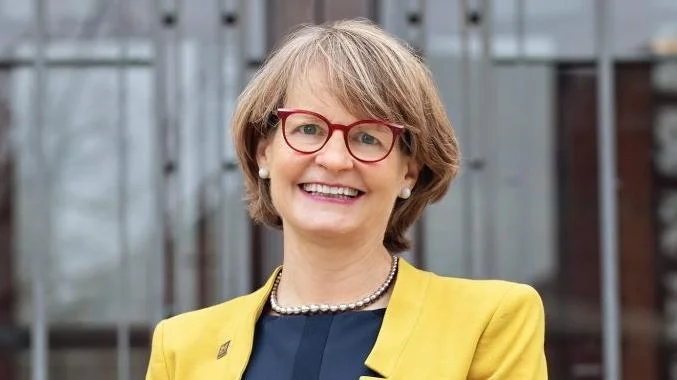Laurie McCauley Provost and Executive Vice President for Academic Affairs | University of Michigan-Ann Arbor
Laurie McCauley Provost and Executive Vice President for Academic Affairs | University of Michigan-Ann Arbor
Providing practical help to close friends, such as assisting with chores or running errands, may improve daily mood among older adults, according to new research from the University of Michigan. The study, published in Research on Aging and supported by the National Institute on Aging, explored how offering support to friends affects emotional well-being in later life.
Researchers interviewed 180 older adults in the Greater Austin area of Texas, with an average age of 74. Participants reported their mood and support exchanges every three hours over a period of five to six days. The study found that providing emotional support was the most common way older adults helped their friends, followed by giving advice and practical assistance.
The findings also highlight gender differences. "Offering emotional support to friends may be linked to a lower positive mood for older men, possibly due to expressing empathy or discussing emotions," said Crystal Ng of U-M’s Survey Research Center. "It may conflict with masculine role expectations, leading to discomfort or emotional strain."
Ng emphasized that friendships have unique benefits for both men and women that family relationships cannot replace. "Since friends are chosen and usually bring joy, they can be especially important for emotional well-being in older age, particularly for those who are unmarried, widowed, divorced, single or childless," she said.
The study suggests that acts of practical support not only accomplish tasks but also foster engagement and reinforce a sense of purpose among older adults. For men specifically, encouraging hands-on ways of helping could offer long-term benefits.
"However, programs should explore alternative avenues for social engagement beyond emotional support," Ng said. "Or facilitate meaning-making in emotional support exchanges to better promote older men’s emotional well-being, as emotional help—at least to close friends—may incur daily emotional costs."
Researchers plan further studies into what motivates friendship-based caregiving among older adults.






 Alerts Sign-up
Alerts Sign-up